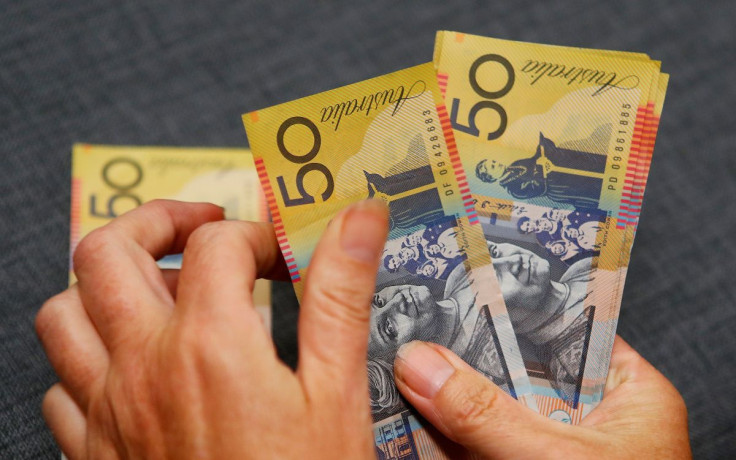Dollar Flat As Biden Carries New Sanction Plans To Europe

The dollar was flat against major peers on Wednesday as the boost from the U.S. Federal Reserve's aggressive stance early this week faded and investors waited for President Joe Biden to unveil new sanctions against Russia during his trip to Europe.
Biden, who heads to Brussels on Wednesday for talks with NATO and European leaders, will push Europe to reduce reliance on Russian oil and gas, and could announce new sanctions on members of the Russian parliament over Moscow's invasion of Ukraine.
Oil Prices dipped on Tuesday as the European Union seems unlikely to agree to a ban on Russian oil which would also likely weigh on the euro.
"An embargo on Russian oil would increase the likelihood of Russia turning off the gas tap to Europe in return," Commerzbank head of FX research Ulrich Leuchtmann wrote, saying such a scenario could throw Europe into recession.
Leuchtmann said the euro, with the European Central Bank trailing peers in the global monetary cycle, was bound to suffer as "the Fed is likely to be far more aggressive in addressing the inflationary consequences than the ECB".
At 0842 GMT, the dollar index, which measures the greenback against six major peers, was unchanged at 98.540.
The yield on U.S. benchmark 10-year yields eased to 2.37% in European morning trading after jumping on Monday when U.S. Federal Reserve Chair Jerome Powell opened the door for raising interest rates by more than 25 basis points at upcoming policy meetings in order to combat inflation.
The euro ticked down 0.09% at $1.1022, while sterling eased 0.25% at $1.3230 after touching its highest against the dollar in nearly three weeks.
British inflation shot up faster than expected last month to a new 30-year high, worsening a historic squeeze on household finances that finance minister Rishi Sunak is under pressure to ease in a budget update later on Wednesday.*
Britain has the second-highest annual inflation rate among Group of Seven countries, behind only the United States as global commodity and energy prices soar, exacerbated by Russia's invasion of Ukraine.
High commodity prices have been a clear negative for the yen, as Japan imports the bulk of its energy, widening the country's trade deficit.
The yen slipped to a new six-year low of 121.415 per dollar overnight but later limited its losses to 0.14% at 120.985 per dollar.
Against the Japanese currency, the Australian dollar rose to its highest level since December 2015.
Sweden's crown ticked up against the dollar and the euro as the Swedish deputy central bank governor, Anna Breman, said plans to hike the benchmark rate and shrink its balance sheet might need to be brought forward to tame inflation. [nS3N2TT007)
In cryptocurrency markets, bitcoin and ether were slightly lower at $42,300 and $2,950 respectively.
© Copyright Thomson Reuters 2024. All rights reserved.




















